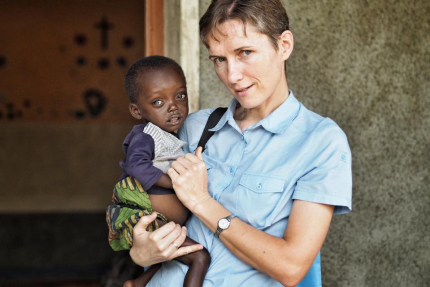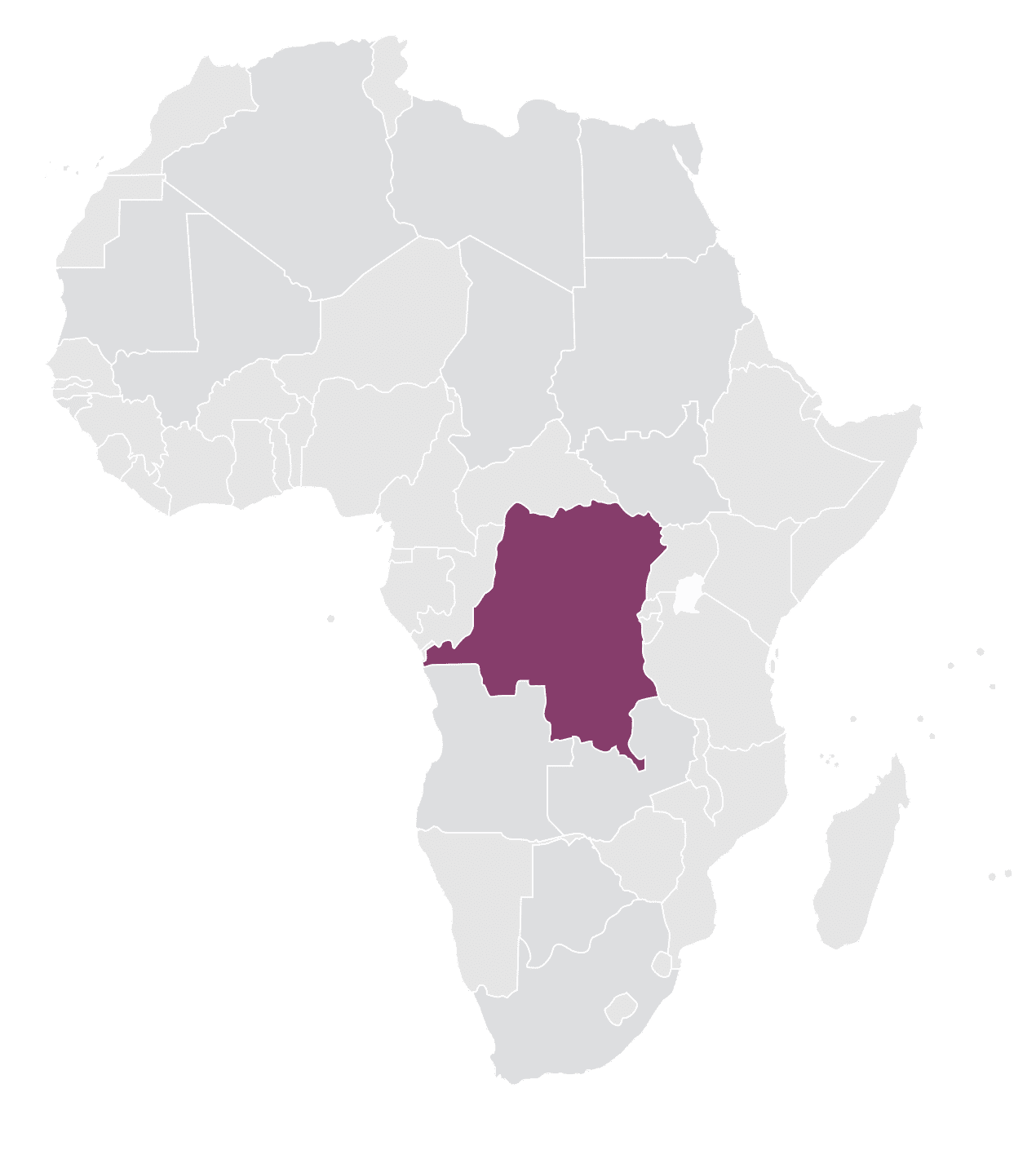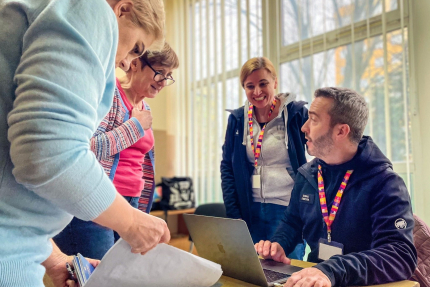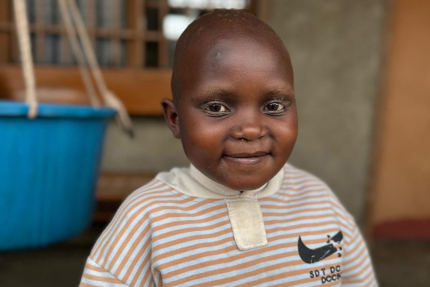It’s a vicious cycle: weakness leads to loss of appetite, and the lack of food makes the illness worse. Organs begin to shut down. Without immediate, specialized care, children suffering from kwashiorkor simply fade away.
When people see children like this, many comment, “That child is overfed!” The swollen face, belly, and legs — caused by protein deficiency — can be misleading. It’s easy to mistake lack for excess. And in Europe, we talk much more about the latter.
Media algorithms feed only on what’s obvious. Hunger-related swelling? It’s as if they think, “This won’t get clicks — the child doesn’t look like they’re dying.” If your eyes don’t pause on the image for even a second, the system deems it worthless. Zeros and ones can only measure suffering by how sharply a child’s ribs protrude.
But every person knows something’s wrong when a toddler’s hair starts turning gray. It’s nature in reverse — as if death itself were whispering: “Quick! We have to fit an entire life into just a few weeks.” Because sometimes, just two are enough for that life to be gone.
We fought for this child for eight long weeks. 56 days of patiently encouraging one more spoonful of beans, one more bite of egg. You can’t show frustration, furrow your brows, or rush. Every gram of food is a challenge — so we let them eat with their hands, even if they roll each bean between their fingers five times before taking a bite.
They say the human soul weighs 21 grams. That’s also the exact weight of the proteins that keep that soul in a small body each day. And this little body, thanks to therapeutic feeding, has finally rediscovered energy — to laugh, to tease its mother, to be curious about the world. It has rediscovered an appetite. There is no greater joy than seeing a child recovering from starvation reach for their food on their own.
It’s unthinkable that in 2025, hunger still kills children. In an age of abundance, hunger should be one of those forgotten diseases we read about only in history books. By gifting a therapeutic meal to one of our patients, you are helping push hunger back to where it belongs — into dusty volumes that should never be opened again.
Help us win the fight against hunger — even just for one child. Give a therapeutic meal.




